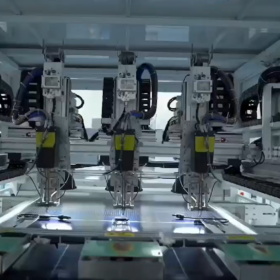The Council of Scientific and Industrial Research (CSIR), in partnership with Pune-based Thermax Limited and Mumbai-based Reliance Industries Limited, has developed India’s first indigenous high-temperature fuel cell system that has the potential to replace polluting diesel generating (DG) sets and reduce the country’s dependence on crude oil.
The 5.0 KW fuel cell system—based on high-temperature proton exchange membrane technology—generates power in a green manner using methanol/bio-methane, with heat and water as byproducts for further use. This amounts to greater than 70% efficiency, which otherwise may not be possible with other energy sources.
Developed under India’s flagship program named “New Millennium Indian Technology Leadership Initiative,’ the fuel cell system was unveiled recently by the President of India Ram Nath Kovind on the occasion of CSIR Foundation Day at Vigyan Bhawan in New Delhi.
Potential uses
The fuel cell system developed is most suitable for distributed stationary power applications in small offices, commercial units, data centers, etc where highly reliable power is essential with simultaneous requirement for air-conditioning.
This system will also meet the requirement of efficient, clean and reliable backup power generator for telecom towers, remote locations and strategic applications as well.
Significance
The developed technology is world class, placing India in the league of developed nations which are in possession of such a knowledge base. CSIR has an impressive portfolio of global patents on these developments.
In the field of clean energy, fuel cell distributed power generation systems are emerging as promising alternative to grid power. Fuel cells fit well in India’s mission of replacing diesel with green and alternate fuels. The development of indigenous fuel cell technology carries immense national importance in terms of non-grid energy security.
This content is protected by copyright and may not be reused. If you want to cooperate with us and would like to reuse some of our content, please contact: editors@pv-magazine.com.









Solar and other renewable energies are the major energy sources of the future replacing the fossil fuels. This is a great boon at this time. We should have our own base in India.
Do we have details of mass production timelines, cost approximates and any plans of commercial sale of this new fuel cell generator?